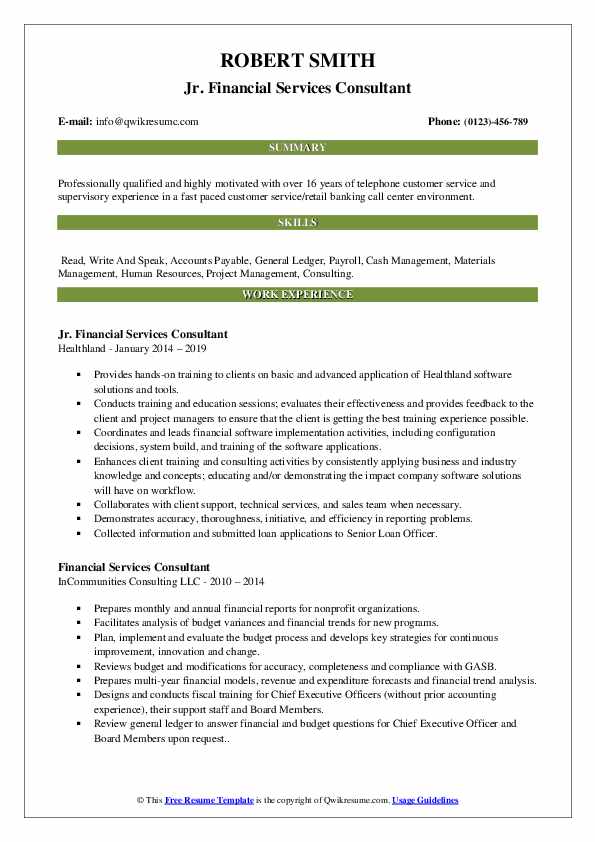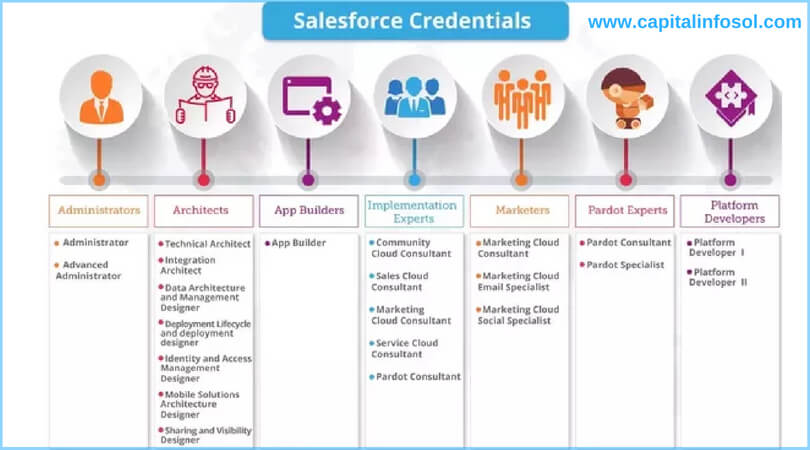
Consulting can take many forms. There are a variety of roles for consulting: management, marketing, UI/UX, legal nurse, and management. Each type has its own unique skill set and client base. Below we will examine some of the main types of consulting. Each type provides a unique perspective of a particular industry.
UI/UX consultants
UI/UX consulting focuses on designing and implementing user interfaces. It may involve developing new interfaces or redesigning existing ones. UI/UX experts often have backgrounds as computer science, graphic design or user experience. This makes them able to provide excellent advice on how users can make web and mobile applications more engaging.

UI/UX design is a process that requires empathy. It is important to provide a seamless user experience. The work is a blend of technology and art.
Marketing consultants
Marketing consultants play an important role in developing better products and services. By implementing efficient marketing strategies, they help clients increase their demand. Without a strong market demand, all other marketing efforts, such as production and R&D, are pointless. Marketing consulting firms work to increase customer engagement and market demand. They are highly skilled and provide guaranteed results.
Some consultants assume the role a big boss. They act as a head of the department and make high-level business decisions for clients. However, this type of marketing consulting is not for every business. This type of marketing consulting requires trust and may exclude the client from the decision-making process.
Legal nurse consultants
A legal nurse consultant can be a registered nursing assistant who draws on their experience in medical care and specialized training for legal advice. This specialized training allows them to offer sound advice and support to attorneys and patients alike. They can help with a variety medical-related legal problems, including malpractice cases and insurance-related ones.

A legal nurse consultant's role is to bridge the gap between the legal and healthcare communities, providing advice and support to attorneys and law firms on healthcare issues. They may have relationships with multiple law firms or clients. Although they don't have direct patient contact, these professionals have a high level responsibility.
FAQ
What does it mean to be a consultant?
A consultant is someone who offers services to others. This is more than a job title. You help others achieve their goals. This is done by helping others understand their options and making the right decisions.
Consultants have the ability to solve any problems or challenges that may arise from projects. They provide advice and guidance about how to implement those solutions.
Consulting should be able address questions related to law, finance and technology.
How do I become a successful consultant?
The first step is to find an area you are passionate about. Building relationships is the next step. It is important to understand the needs of clients and their business. You must also deliver results.
While you don’t have to be the greatest at everything, you have to be better than everyone else. You also need to have a passion for what you do. It isn't enough just to say, "I'm going to be a consultant." You have to believe in yourself, and in what you are doing.
What should I expect from my consultant
Once you select your consultant, you should expect to hear back from them within a few days. They will ask you for information about your business, including the mission, goals, products, and budget. Next, they'll provide a proposal describing the scope and estimated time frame, fees, deliverables or milestones, as well as an estimate of costs.
If all goes according to plan, the two sides will sign a written deal. The terms of the contract will depend on the type of relationship between the two parties (e.g., employer-employee, employer-independent contractor).
If all goes well, the consultant will start working immediately. You will have access both to your documents and internal resources and the consultant's skills and knowledge.
Don't think that consultants are experts. It takes effort and practice to become an expert in whatever field you consult. Your consultant should not assume that they know everything about you business.
How much does it take to hire a consultant
The cost to hire a consultant depends on many factors. These include:
-
Project size
-
Time frame
-
Scope and nature of work
-
Fees
-
Deliverables
-
Other considerations include experience level, geographic location, and so forth.
What jobs are available as consultants?
You will need to be able to understand business strategy and operations if you want to work as a consultant. It is important to understand the workings of businesses and how they fit into society.
You must have excellent communication skills as well as the ability to think critically in order to be a consultant.
Consultants must be adaptable because they may be asked to do different tasks at different times. They should be able change direction quickly, if required.
They should be prepared to travel extensively in support of their clients. This kind of work can take them around the world.
They also need to be capable of handling stress and pressure. Sometimes consultants are required to meet tight deadlines.
As a consultant you might work long hours. This can mean you might not always receive overtime compensation.
What happens when the consultant is done?
After the consultant completes the work, s/he will submit a final report detailing the results of their work. This report includes the deliverables and project timelines.
Then, you'll review the report and decide whether the consultant met your expectations. If not, you can either request changes or terminate the contract.
Statistics
- My 10 years of experience and 6-step program have helped over 20 clients boost their sales by an average of 33% in 6 months. (consultingsuccess.com)
- 67% of consultants start their consulting businesses after quitting their jobs, while 33% start while they're still at their jobs. (consultingsuccess.com)
- On average, your program increases the sales team's performance by 33%. (consultingsuccess.com)
- So, if you help your clients increase their sales by 33%, then use a word like “revolution” instead of “increase.” (consultingsuccess.com)
- Over 62% of consultants were dissatisfied with their former jobs before starting their consulting business. (consultingsuccess.com)
External Links
How To
How can you find the best consultants?
The first thing to do when looking for a new consultant is to ask yourself what you want from him/her. You should know exactly what your expectations are before you start searching for someone. You should make a list of all the things you need from a consultant. These could include professional expertise, technical skills and project management abilities, communication skills, availability, and other things. Once you have identified your requirements, you might consider asking friends and colleagues to recommend you. Ask them about their experiences with consultants and compare their recommendations to yours. Do some internet research if they don't have recommendations. There are many websites that allow users to leave feedback about their previous work experiences, such as LinkedIn and Facebook, Angie's List or Indeed. Use the feedback and ratings of others as a starting point to search for potential candidates. Once you have a shortlist, be sure to contact potential candidates directly to schedule an interview. At the interview, it is important to discuss your requirements and get their feedback on how they can help. It doesn't matter whether they were recommended to you or not; just ensure that they understand your business objectives and can demonstrate how they can help you reach those goals.